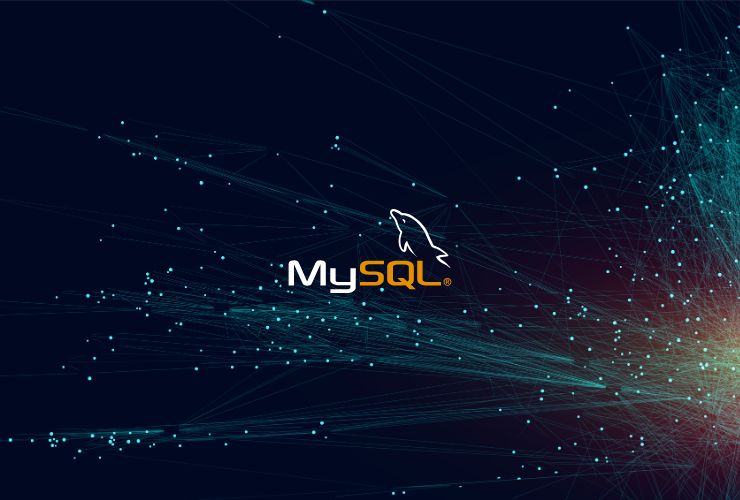Organizations today live in a fast-paced digital world where they need to deliver applications faster, with higher reliability and less downtime. DevOps has become a strong methodology used to facilitate software development and operations. Combined with Oracle Cloud Infrastructure (OCI), organizations can now achieve automation, scalability, and agility across the entire application lifecycle.
When teams integrate Oracle Cloud with DevOps pipelines, they will build, test, and deploy applications faster and more reliably, thus resulting in higher productivity and innovation.
Why Are We Integrating Oracle Cloud with DevOps?
Oracle Cloud offers a full set of cloud-native tools and services developed to support continuous integration and continuous delivery (CI/CD). When DevOps workflows connect with Oracle Cloud Infrastructure, organizations can automate repetitive tasks, minimize human errors, and create collaboration opportunities between development and operations workstreams.
Main advantages consist of:
1. Faster deployment cycles and shorter release timelines
2. Automated infrastructure provisioning and configuration
3. Scalable and enhanced performance monitoring capabilities
4. Better collaboration with an integrated toolchain
5. Mobility pipelines that are consistent, reliable and secure
Key Oracle Cloud Services for Integrating DevOps
1. Oracle Cloud Infrastructure DevOps Service
Oracle Cloud Infrastructure (OCI) DevOps Service allows the Continuous Integration and Continuous Delivery process that is mainly code-focused by standing up native services for code repositories, build pipelines and the ability to deploy automatically. The OCI DevOps service natively connects to other Oracle services and suggests a good integration for popular third-party tools such as GitHub, Jenkins, and Terraform.
2. Oracle Cloud Infrastructure Resource Manager
Looks to Terraform as an Infrastructure as Code (IoC) which automates provisioning, configuration, and scaling of resources across cloud-based environments.
3. Oracle Cloud Monitoring and Logging
Visibility over-time is mandatory to perform DevOps effectively. Oracle Cloud gives complete monitoring, logging, and alerting services to measure performance metrics, discover issues appropriately, and track system health.
4. Oracle Container Engine for Kubernetes (OKE)
For containerized applications, OKE provides seamless provisioning and management of Kubernetes clusters. OKE works well with CI/CD pipelines, integrating with tools such as Jenkins, GitLab CI, or GitHub Actions.
5. Oracle Functions
Oracle Functions (built on the open-source Fn Project) allows for serverless deployment, which minimizes the burden of infrastructure management and enables teams to focus on delivering their code.
Integrating DevOps Pipelines with Oracle Cloud: A Step by Step Process
1: Create Source Code Repositories
Place your source code in Git-based repositories such as GitHub, GitLab, or OCI Code Repository to track changes and version.
2: Set Up CI/CD Pipelines
Use OCI DevOps Pipelines for Continuous Integration/Continuous Delivery or integrated third-party CI/CD Tools (Jenkins, Azure DevOps, etc.), to automate builds, tests, and deployment of code.
3: Use Infrastructure as Code (IaC)
Use Oracle Resource Manager with Terraform to declaratively define your infrastructure and provisioning process making it easier to ensure environments are consistent or reproducible.
4: Automate Tests & Deploy
Integrate automated testing frameworks and deploy with OCI DevOps Deployment Pipelines or use Oracle Functions to run in a serverless environment.
5: Monitor, Analyze and Optimize
Use the Oracle Cloud Monitoring service, the Oracle Cloud Logging service, and Application Performance Monitoring (APM), to analyze performance, detect issues, and continually discover ways to optimize workflows.
Best Practices When Integrating with Oracle Cloud
Use Microservices and Containers Use OKE and Docker to maximize simplicity, deployment ease and scaling ability.
- Automate Everything – From building code to provisioning infrastructure, automation is much more reliable and reduces errors and risks.
- Use Secure CI/CD Pipelines – Manage secrets, put proper Identity Access Controls in place, and use encrypted channels of communication.
- Test in Multi-Environment – Always test in isolated Oracle Cloud environments prior to pushing changes into Production environments.
Advantages of DevOps Integration with Oracle Cloud
- Faster time to market through automated delivery
- Lower costs for infrastructure and operations
- Higher quality software through continuous testing and monitoring
- Easier collaboration among development, QA, and IT
- More flexibility with hybrid and multi-cloud support
Conclusion
Integrating Oracle Cloud with DevOps pipelines enables organizations to create a modern, automated, and effective software delivery ecosystem. With OCI DevOps Service, Resource Manager, and Kubernetes integration, teams can spend less time on manual configuration and more time on innovation.
Organizations can drive innovation, achievie agility and reliability, while decreasing release cycles, when they commit to a DevOps integration strategy based on Oracle Cloud.
Contact Us Today













 Database Development
Database Development












































